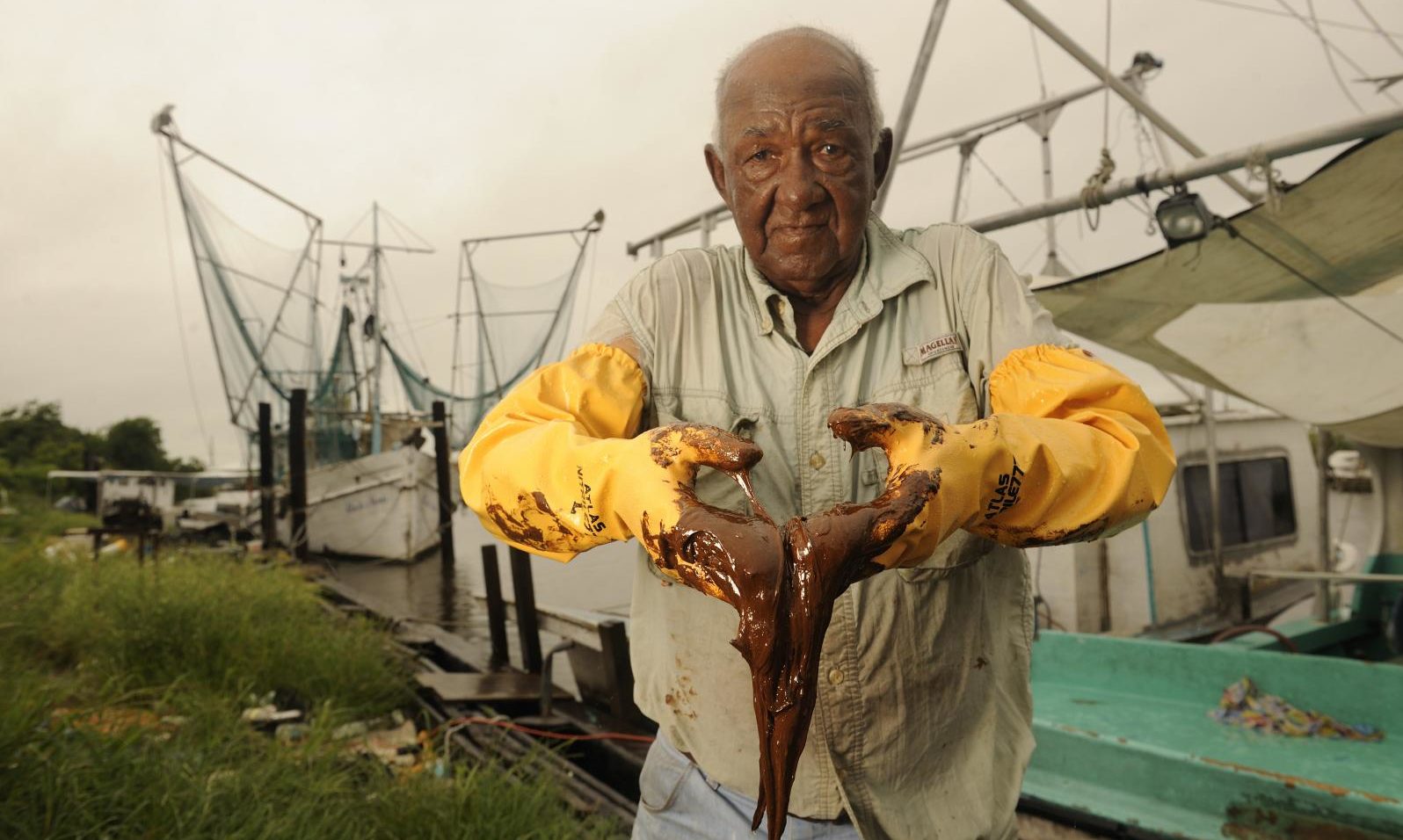Eight years ago, the Deepwater Horizon oil rig exploded, causing the largest marine oil spill in history. BP was ultimately deemed to be responsible for the disaster — but at the time, you wouldn’t have known it.
In the immediate aftermath, BP’s CEO at the time Tony Hayward attempted to spread the blame for the disaster, saying it was rig company Transocean’s fault, not BP’s. He then ill-advisedly tried to reassure the public that because the ocean was so big, the oil spill wasn’t really that significant.
For years afterwards, BP was embroiled in an “aggressive legal and public relations campaign” to limit how much it had to pay to compensate communities for the disaster.
BP even chartered a helicopter to fly a group of journalists over the Gulf, to see the recovery efforts. But the helicopter had to turn back “because there wasn’t time” to get to the site.
The Deepwater Horizon disaster shows what happens when fossil fuel companies put profit before safety, and how they respond when it all goes horribly wrong.
The blowout killed 11 oil rig workers and spilled 800 million litres of oil into the Gulf of Mexico over 87 days.
BP is now finally close to clearing the $65 billion compensation, though it has made the process a long and painful one. The company’s tendency to cut corners was an original cause of the Deepwater Horizon disaster a White House report concluded. And the company has similarly fudged the compensation process.
Budget cuts, payment halts and appeals have littered the process. In 2012, before any of the settlements, lawsuits or fines had even been finalised, BP was able to write off $11.2 billion of their clean-up costs against tax, bringing the grand total of “out-of-pocket” expenses down to about $29 billion. The following year, over 200,000 claims had been received by the Deepwater Horizon settlement, and yet BP had not begun to review 88,000 of them.
In the three years following the spill, the company pulled in a net income of $38 billion, and in 2014 was granted the ability to resume drilling in the Gulf of Mexico.
